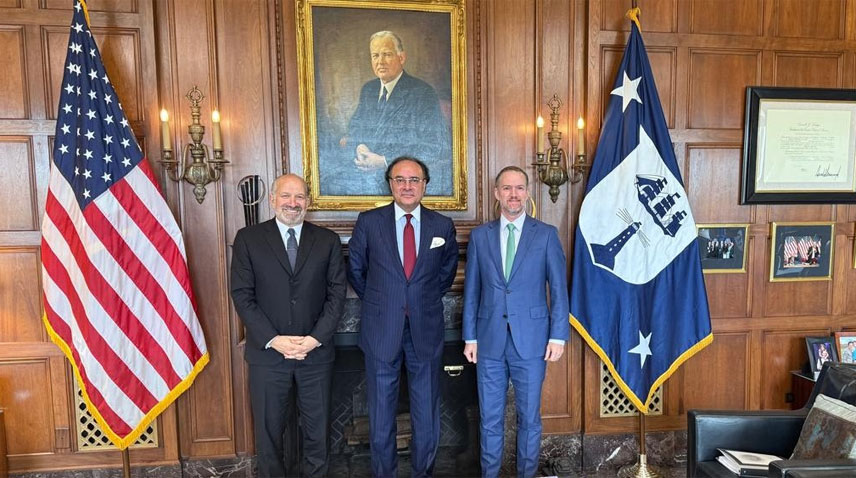Pakistan-India Tensions Persist Amid Fragile Ceasefire: A Conflict Without Resolution
The recent cessation of hostilities between Pakistan and India, marked by a fragile ceasefire, has done little to alleviate the underlying tensions between the two nuclear-armed neighbors. While the exchange of missiles and drones has halted, the situation remains precarious, with both nations engaging in diplomatic offensives to assert their narratives on the international stage.
Prime Minister Shehbaz Sharif’s assertion that Pakistan has avenged the 1971 war has sparked debate, with critics questioning the appropriateness of such comparisons. The 1971 conflict, which led to the disintegration of Pakistan, was a complex event with internal and external dimensions. Drawing parallels to the recent skirmishes may oversimplify the historical context and the current geopolitical dynamics.
The elevation of the army chief to the rank of field marshal and the extension of the air force chief’s tenure have also been subjects of discussion. While the armed forces played a crucial role in defending the nation’s sovereignty, some analysts argue that such promotions should be based on long-term strategic achievements rather than short-term engagements.
India’s failure to garner widespread international support for its military actions, particularly from its Western allies, underscores the complexities of regional politics. The lack of concrete evidence linking Pakistan to the Pahalgam terrorist attack, which India cited as a justification for its offensive, has been a point of contention. Notably, Israel was among the few countries that publicly supported India’s stance.
The strengthening of China-Pakistan defense collaboration has emerged as a significant concern for India. The strategic partnership between Islamabad and Beijing, encompassing military and economic dimensions, has the potential to reshape the regional balance of power. However, China is likely to advocate for stability, given its interests in maintaining regional peace and advancing its Belt and Road Initiative.
As both nations navigate the post-conflict landscape, the emphasis has shifted to diplomatic engagements. Delegations from Pakistan and India are actively engaging with global stakeholders to present their perspectives and seek support. However, the path to lasting peace remains fraught with challenges, and the risk of renewed hostilities cannot be discounted.
#PakistanIndiaTensions #Ceasefire2025 #SouthAsiaGeopolitics #ChinaPakistanAlliance #RegionalStability

















